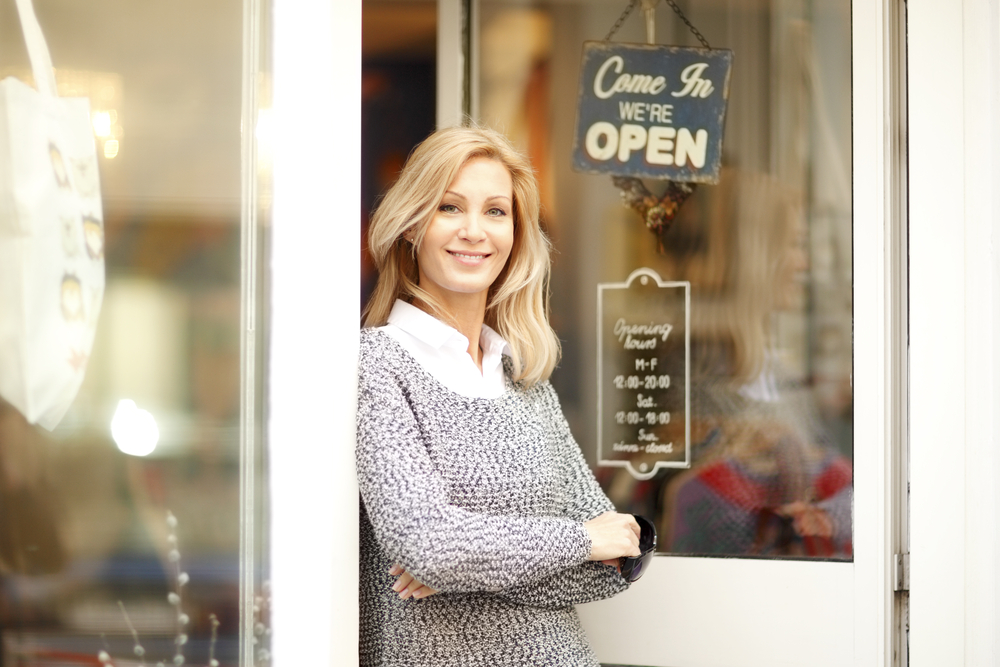U.S. Sen. Kirsten Gillibrand (D-NY) introduced a bill last week that would expand the Small Business Administration’s (SBA) Microloan Program, which provides loans and technical assistance to women and minority-owned small businesses.

The Microloan Modernization Act would raise the total limit on outstanding loans to intermediary lending organizations, which would allow for more loans to be made to women, minority, and other business owners. It also gives more opportunities for training assistance for small business owners. The bill was co-sponsored by Sens. Deb Fischer (R-NE), Tim Scott (R-SC), Chris Coons (D-DE), Jeanne Shaheen (D-NH), Joe Donnelly (D-IN), and Gary Peters (D-MI). It passed in the U.S. House.
Small businesses led by women and minority owners often face challenges accessing the capital needed to start or expand their businesses. While women-owned businesses make up about 40 percent of all businesses in the country, women receive less than 5 percent of conventional small business loans, said Gillibrand. Further, among smaller minority-owned businesses, loan denial rates were about three times higher compared to those of non-minority-owned firms.
“Too many would-be small business owners struggle to get loans from banks to start their businesses. More often than not, the people who lose out are women and minority New Yorkers,” Gillibrand said, speaking at the Cugini Café and Market in Corning, New York, with Corning Mayor William Boland. “The bipartisan Microloan Modernization Act would help ensure that every hardworking entrepreneur who wants to start a business has a chance to do it. If we really want to fix our economy, then we need to start rewarding work and entrepreneurship again, and this bipartisan bill is a good place to start.”
Boland said access to capital is the lifeblood of small business.
“Clear data shows us that women and minority-owned small businesses have a more difficult time in getting loans and access to training in the ‘how-to’s’ of making a business a success,” Boland said. “This bill takes a big step in addressing these inequities by leveling the playing field.”
The SBA Microloan Program has delivered more than $722 million in loans to small businesses across America since its inception. That has led to 212,000 new or retained jobs. The program makes direct loans and grants to intermediary non-profit organizations, which then provide microloans of up to $50,000 to small businesses. The average loan size is $13,000.